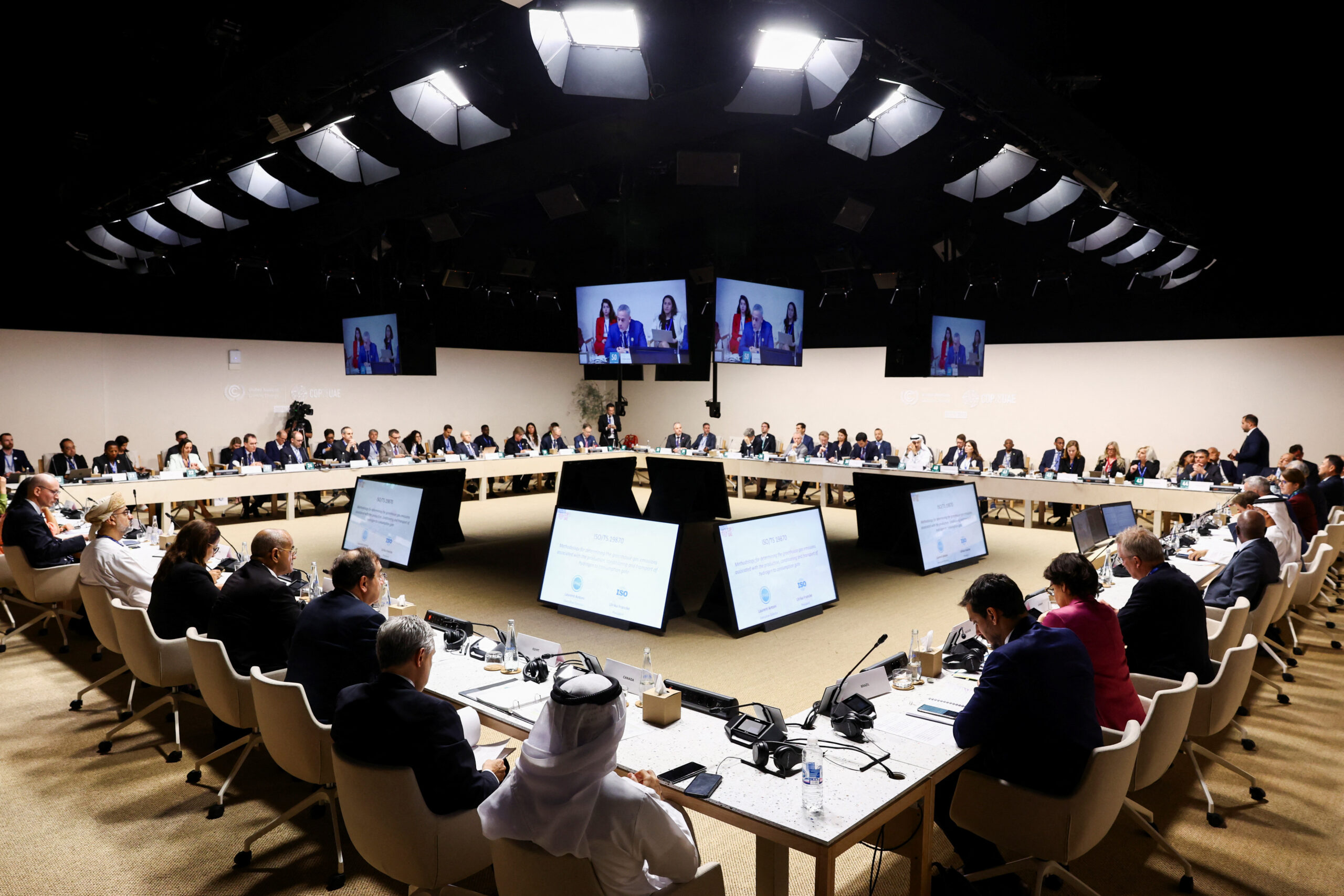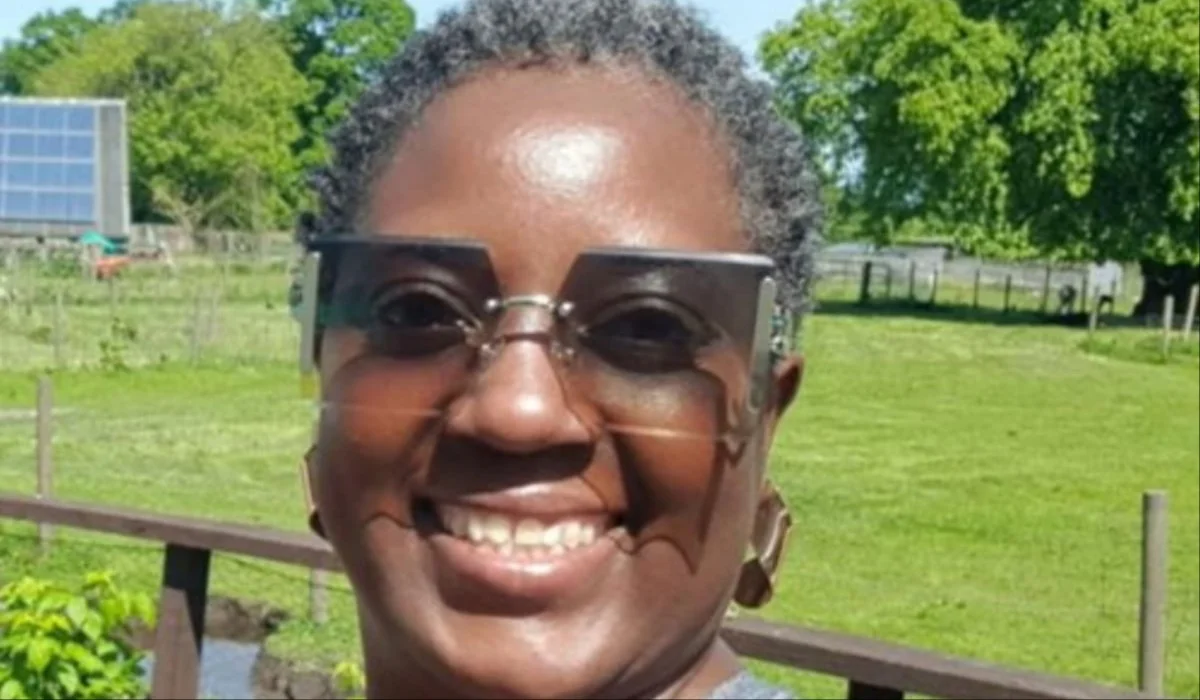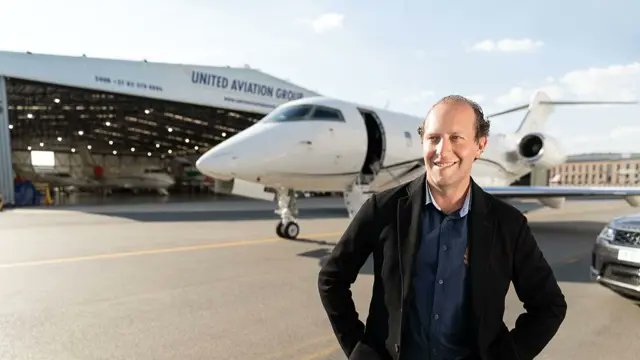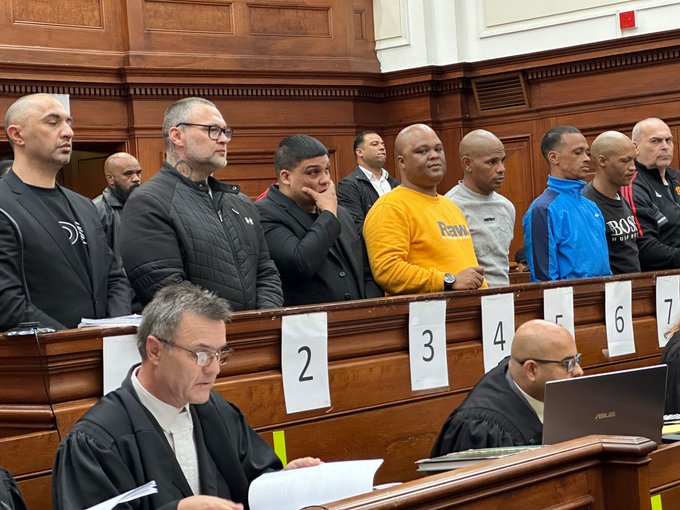

The COP29 climate summit, a crucial global meeting to address the escalating climate crisis, has entered an overtime phase as negotiators from nearly 200 countries struggle to reach consensus on critical climate goals. Hosted in the bustling city of Abu Dhabi, this year’s conference has been marked by impassioned debates, high-stakes negotiations, and mounting pressure from activists, scientists, and world leaders alike.
Despite ambitious targets and urgent warnings from experts, the summit remains deadlocked on key issues, raising concerns about the global community’s ability to confront the climate emergency effectively.
Tensions Run High
The conference was initially scheduled to conclude after two weeks of intensive discussions. However, as the final deadline passed, major sticking points remained unresolved, prompting organizers to extend the talks.
At the heart of the deadlock are disputes over financing for climate adaptation, loss and damage compensation for vulnerable nations, and stronger commitments to phase out fossil fuels. Developed and developing countries remain deeply divided on how to distribute responsibilities and resources to tackle the crisis.
COP29 Climate Summit Extends

Developing nations, particularly those in the Global South, have called for greater financial support from wealthier countries, emphasizing that they bear the brunt of climate impacts despite contributing the least to global emissions. However, wealthier nations argue that broader commitments from major emerging economies are also necessary to achieve meaningful progress.
Calls for Urgent Action
United Nations Secretary-General António Guterres has expressed frustration at the lack of progress, urging negotiators to put aside differences and focus on common ground. In a fiery address on what was meant to be the final day of the summit, Guterres warned that the world is “on the brink of climate catastrophe” and that the consequences of inaction will be devastating.
“History will judge us by what we accomplish here,” Guterres stated. “The clock is ticking, and the planet cannot afford further delays.”
His remarks were echoed by scientists who have repeatedly highlighted the narrowing window of opportunity to limit global warming to 1.5°C above pre-industrial levels—a target considered critical to avoiding the worst impacts of climate change.
Key Sticking Points
One of the most contentious issues is the establishment of a robust fund to address “loss and damage” in nations already suffering from severe climate impacts. While some progress has been made in defining the fund’s framework, disagreements persist over its scale, contributors, and allocation mechanisms.
Another major hurdle is the language surrounding the phase-out of fossil fuels. Activists and many nations have called for a firm commitment to end the use of coal, oil, and gas. However, fossil fuel-exporting countries and industries argue that a gradual transition is more realistic, citing economic and energy security concerns.
Carbon markets and emissions reduction pledges have also been points of contention, with some nations pushing for stricter accountability measures to ensure commitments are met.
Activists Ramp Up Pressure
Outside the conference halls, climate activists have been vocal in their demands for bolder action. Protesters have staged demonstrations across Abu Dhabi, criticizing what they perceive as the influence of corporate interests and fossil fuel lobbyists on the negotiations.
Youth-led movements, in particular, have been at the forefront of the protests, urging leaders to prioritize the future of the planet over short-term economic gains. “We don’t have time for excuses,” one young activist declared. “We need action, not empty promises.”
A Glimmer of Hope?
Despite the challenges, negotiators have expressed hope that the extended talks could lead to breakthroughs. Many have pointed to past COP conferences, where last-minute compromises have resulted in significant agreements, such as the landmark Paris Agreement in 2015.
“There’s still a chance to achieve something meaningful,” one negotiator commented. “But it will require genuine willingness from all parties to make concessions and focus on the bigger picture.”
The Stakes Couldn’t Be Higher
As the world watches with bated breath, the outcome of COP29 remains uncertain. What is clear, however, is that the stakes are higher than ever. Climate change continues to unleash devastating impacts worldwide, from record-breaking heatwaves and wildfires to catastrophic floods and hurricanes.
Failure to reach a strong agreement would not only undermine global efforts to combat the crisis but also erode trust in the multilateral process that has been a cornerstone of climate diplomacy for decades.
A Pivotal Moment
The extended talks at COP29 underline the complexity and urgency of addressing climate change in a deeply divided world. Whether the negotiators can rise above their differences and deliver a meaningful outcome will shape the trajectory of global climate action for years to come.
As the summit enters its final hours—or possibly days—all eyes remain on Abu Dhabi, where the future of the planet hangs in the balance.
Source: eNCA
In other news – RIP: Ukhozi FM’s Nondumiso Shazi has died
RIP: Ukhozi FM’s Nondumiso Shazi has died! Ukhozi FM has been struck by tragedy with the untimely death of one of its presenters, Nondumiso Shazi.

The vibrant voice behind the Sunday morning segment Vumelani Abantwana Beze Kimi passed away on Thursday, leaving listeners, colleagues, and loved ones in mourning. Read more
#COP29 #Climate #Summit #Extends #Deadlock #Key #Agreements



